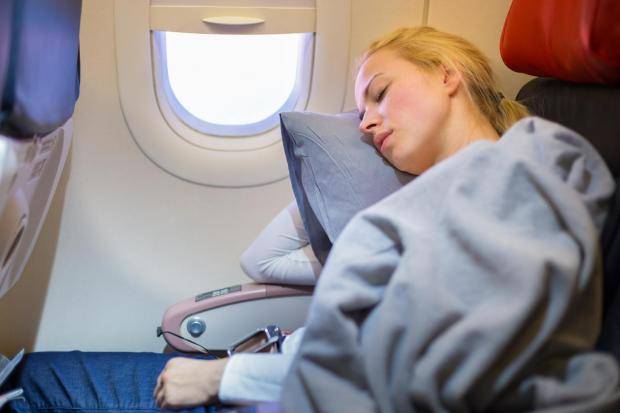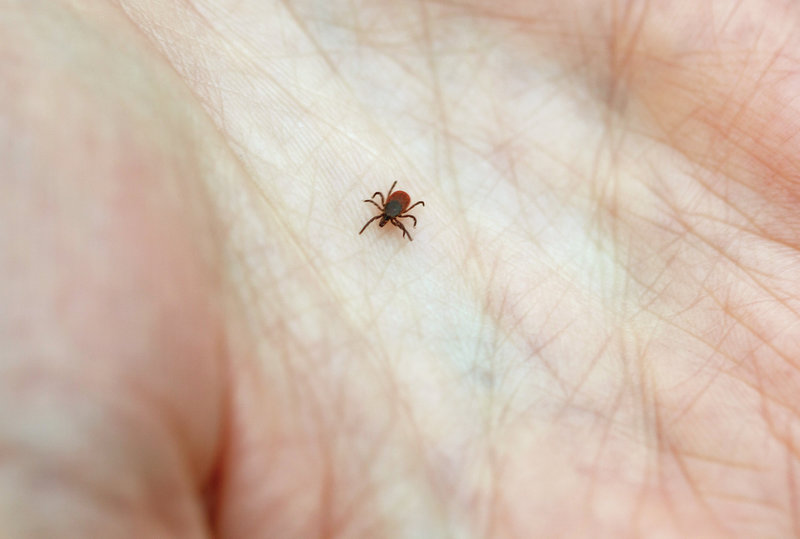Sleeping on a Plane During a Change in Altitude Could Damage Your Hearing
Stay awake or risk losing your hearing.
You snooze, you lose, right?
Well, according to research published by Harvard Medical School, snoozing really could mean losing something: your hearing.
If you are asleep on a plane during a sudden change in altitude, your ability to equalise the pressure in your eardrum might be compromised and could cause permanent damage.
For most people, a sudden altitude change makes our ears feel like they’re going to pop.
This occurs when the pressures on the outside of your ear don’t match those on the inside. Often, this happens to most people when a plane is landing and drastically drops in altitude.
Typically, these pressures can be equalised by opening a thin canal in your ear called the Eustachian tube by either yawning or swallowing – hence why air hostesses sometimes hand out chewy sweets before landing.
However, if you’re sleeping and the pressures remain inimitable, the Eustachian tube can become blocked and ear barotrauma can occur, according to Medline Plus.
Barotrauma is usually a pretty minor condition that most of us will experience at some point in our lives.
However, in severe cases when the tube remains blocked for a prolonged period of time, an infection can develop which causes fluid to build up behind the eardrum, leading to pain and hearing difficulties.
You could even develop a deep fistula leak where blood leaks from your ear.
Given its direct association with changes in altitude, it’s also a condition that commonly affects scuba divers and people driving in the mountains.
The best way to avoid it on a plane is ensuring that you’re up and at ‘em as soon as the captain announces that you’re landing, regardless of jet lag/lack of sleep.
Early birds catching worms and all that.
Source: independent.co.uk
“Sleeping on a plane during a change in altitude could damage your hearing” by:OLIVIA PETTER


